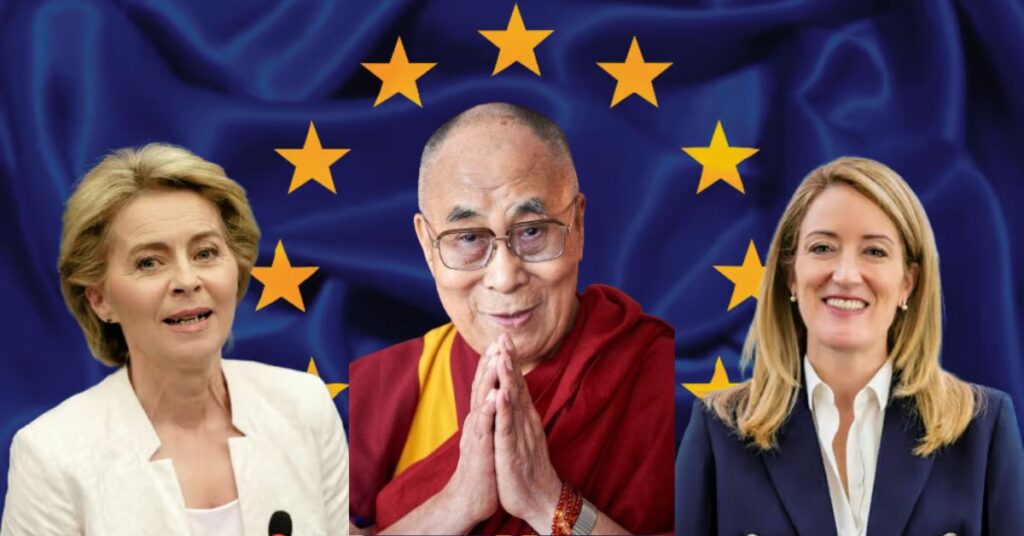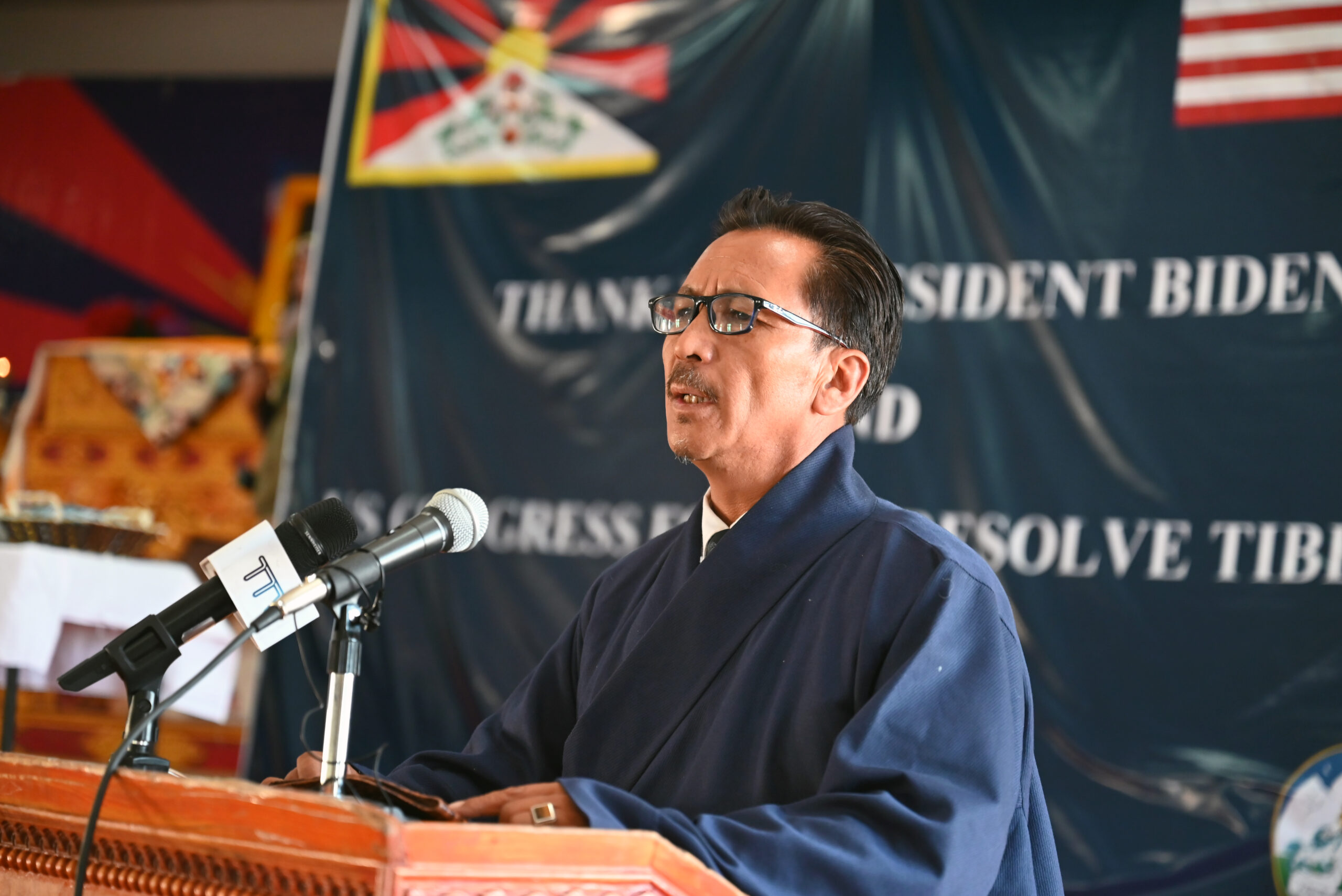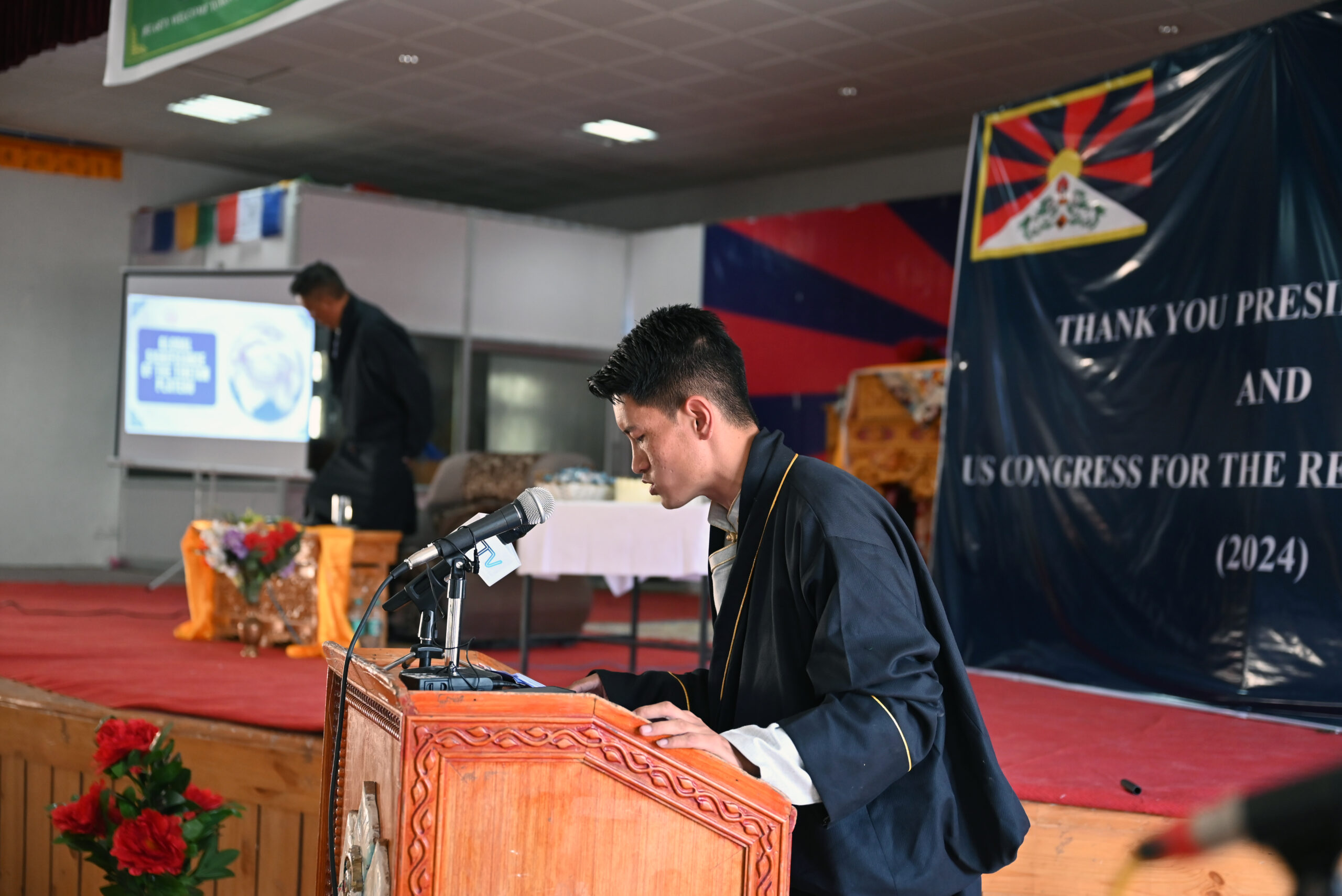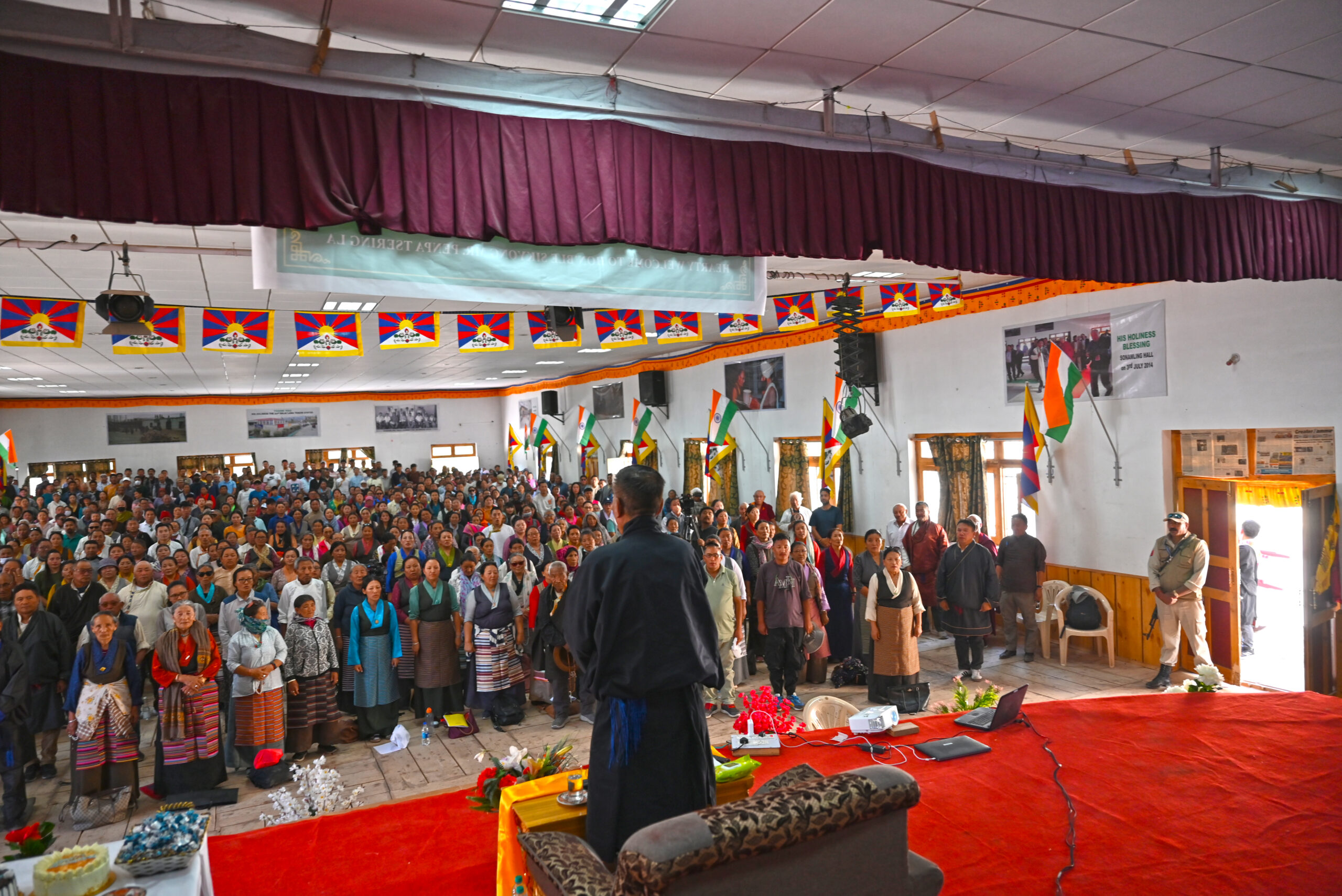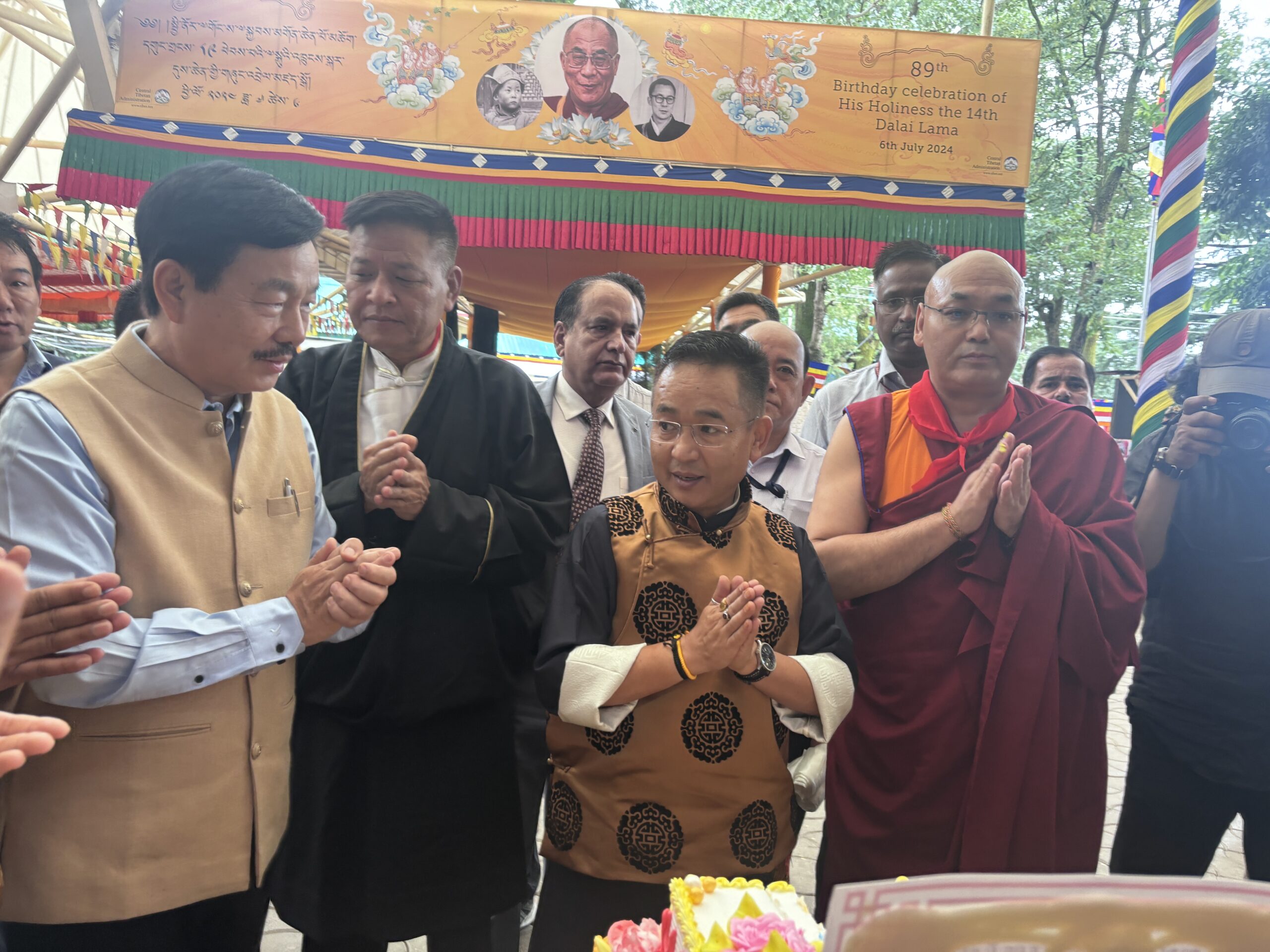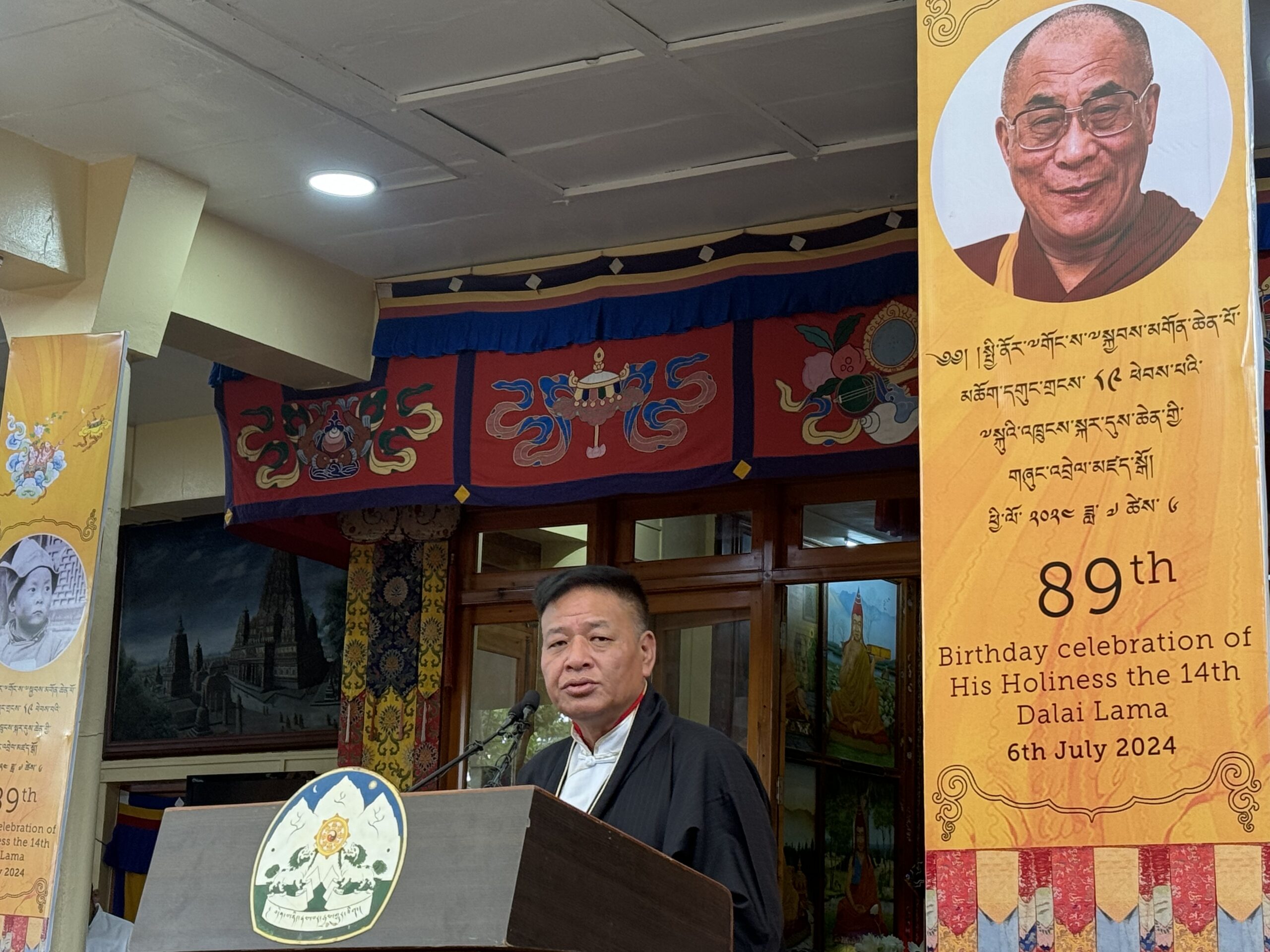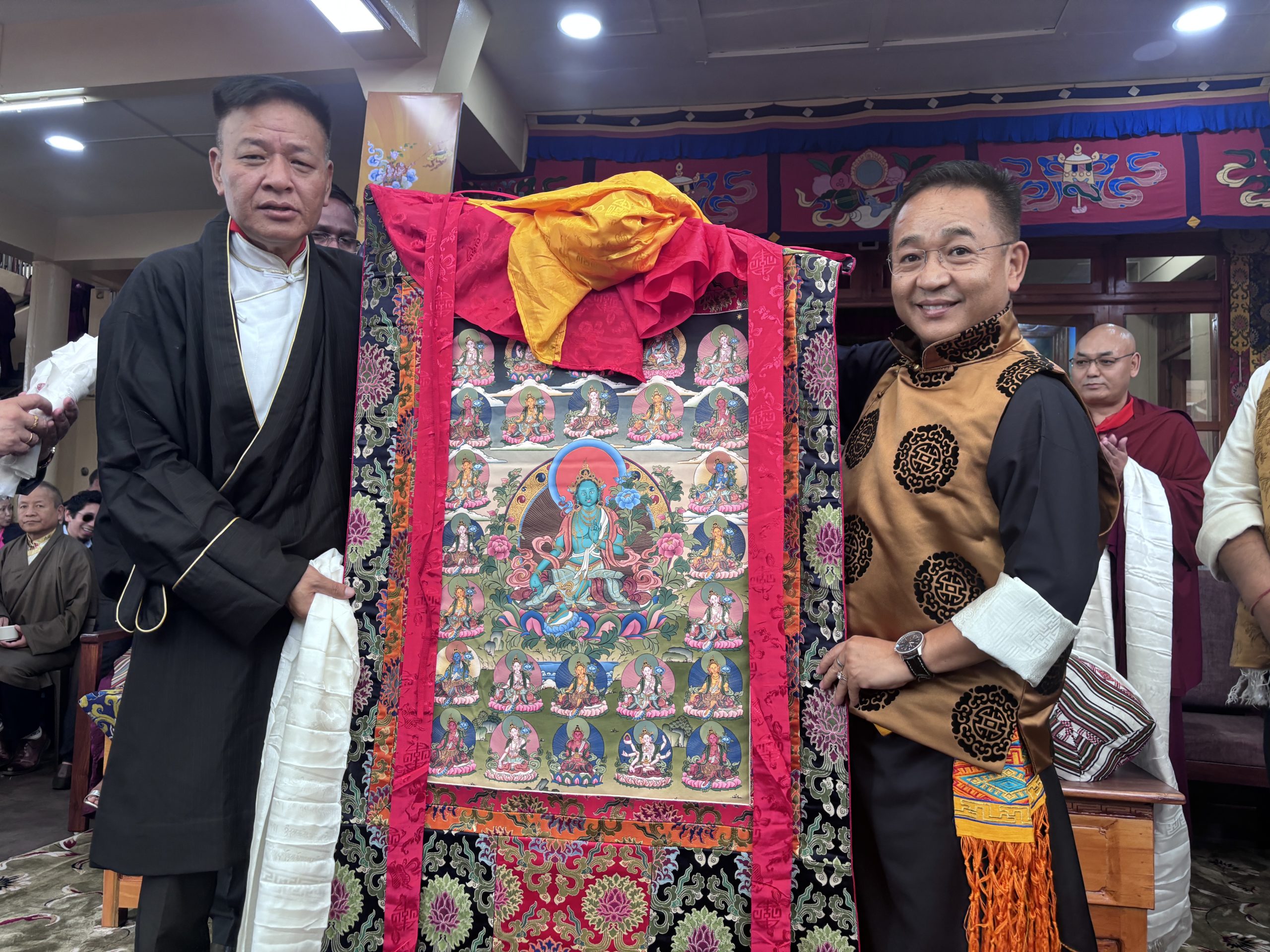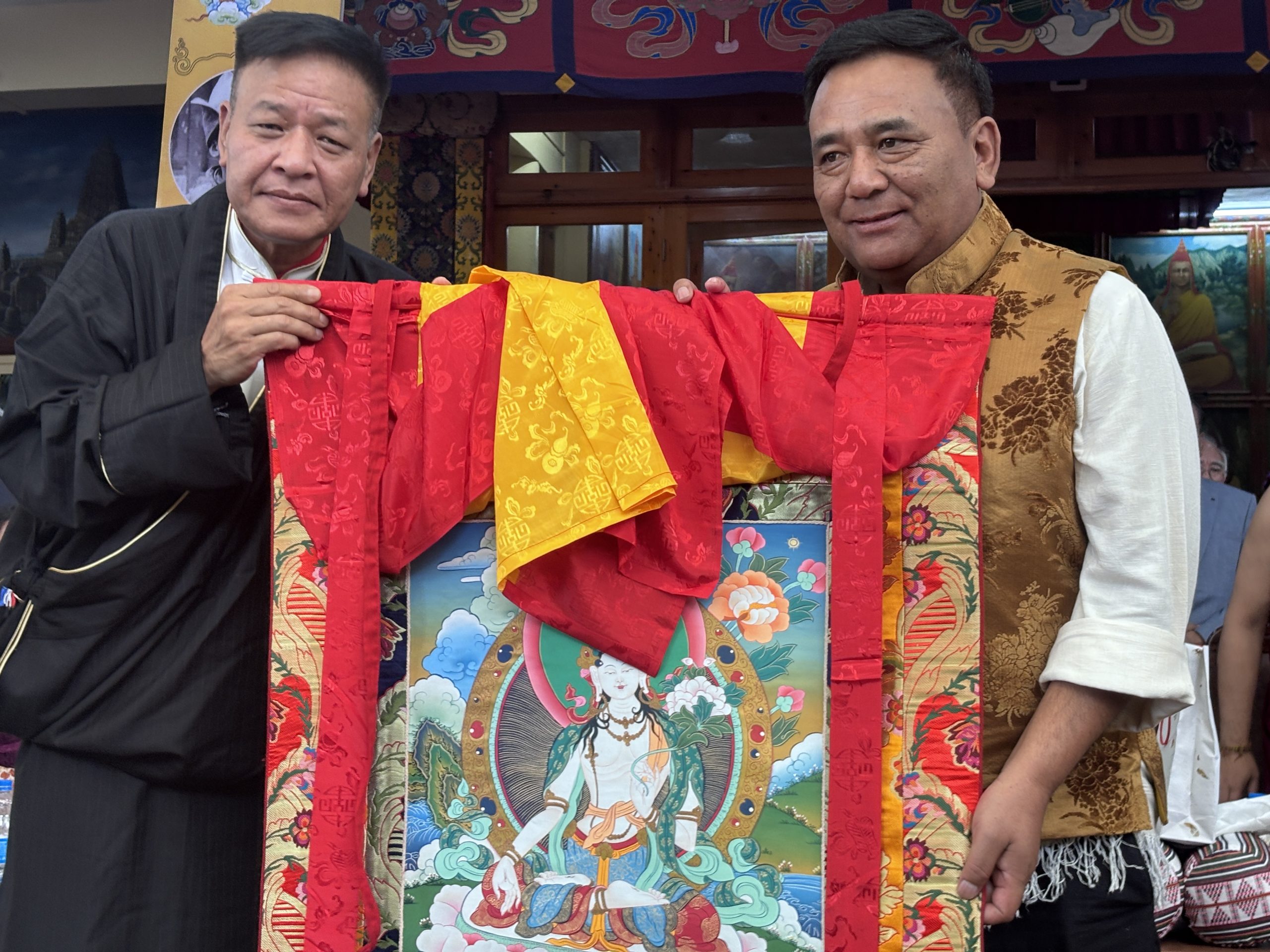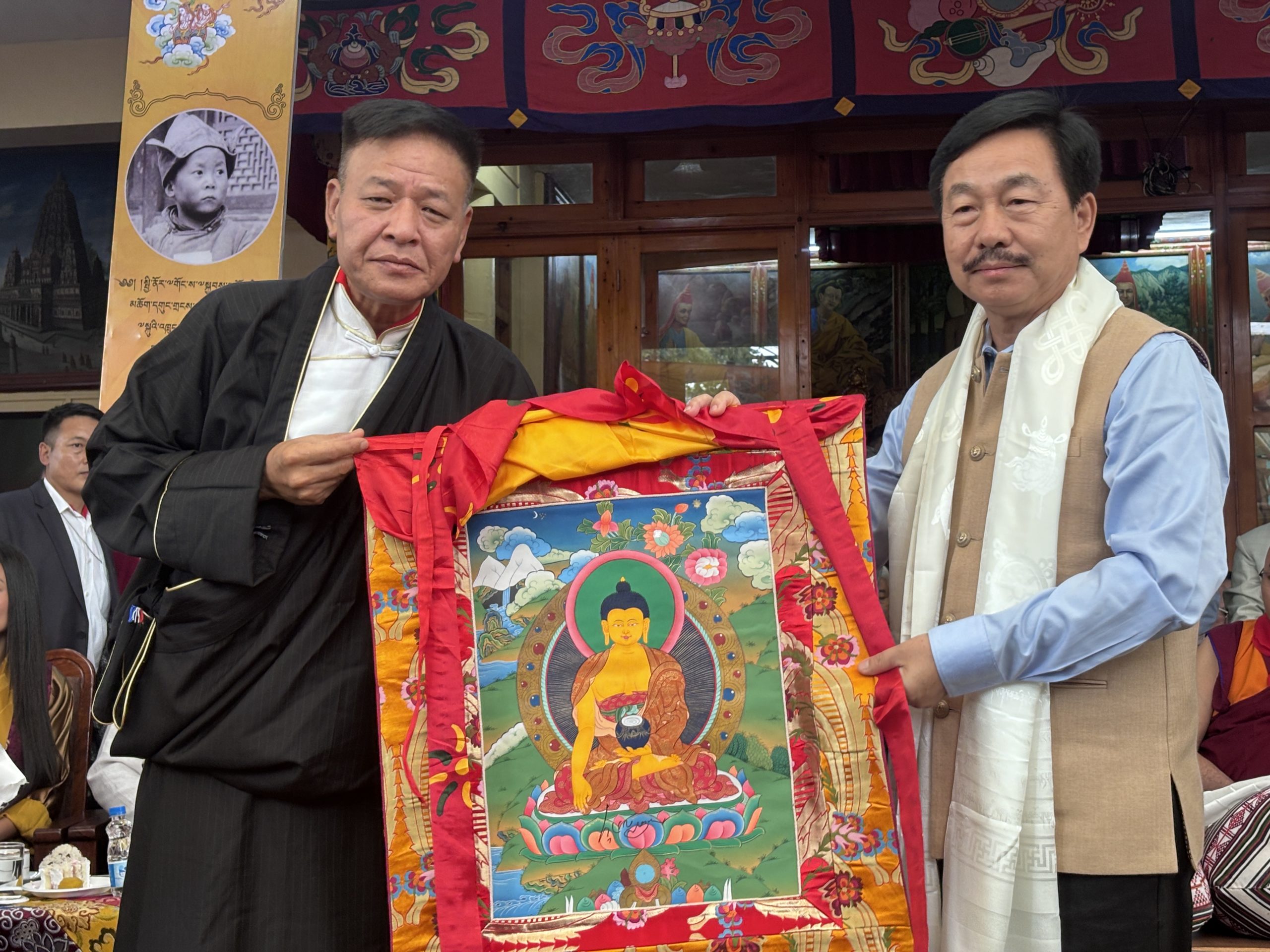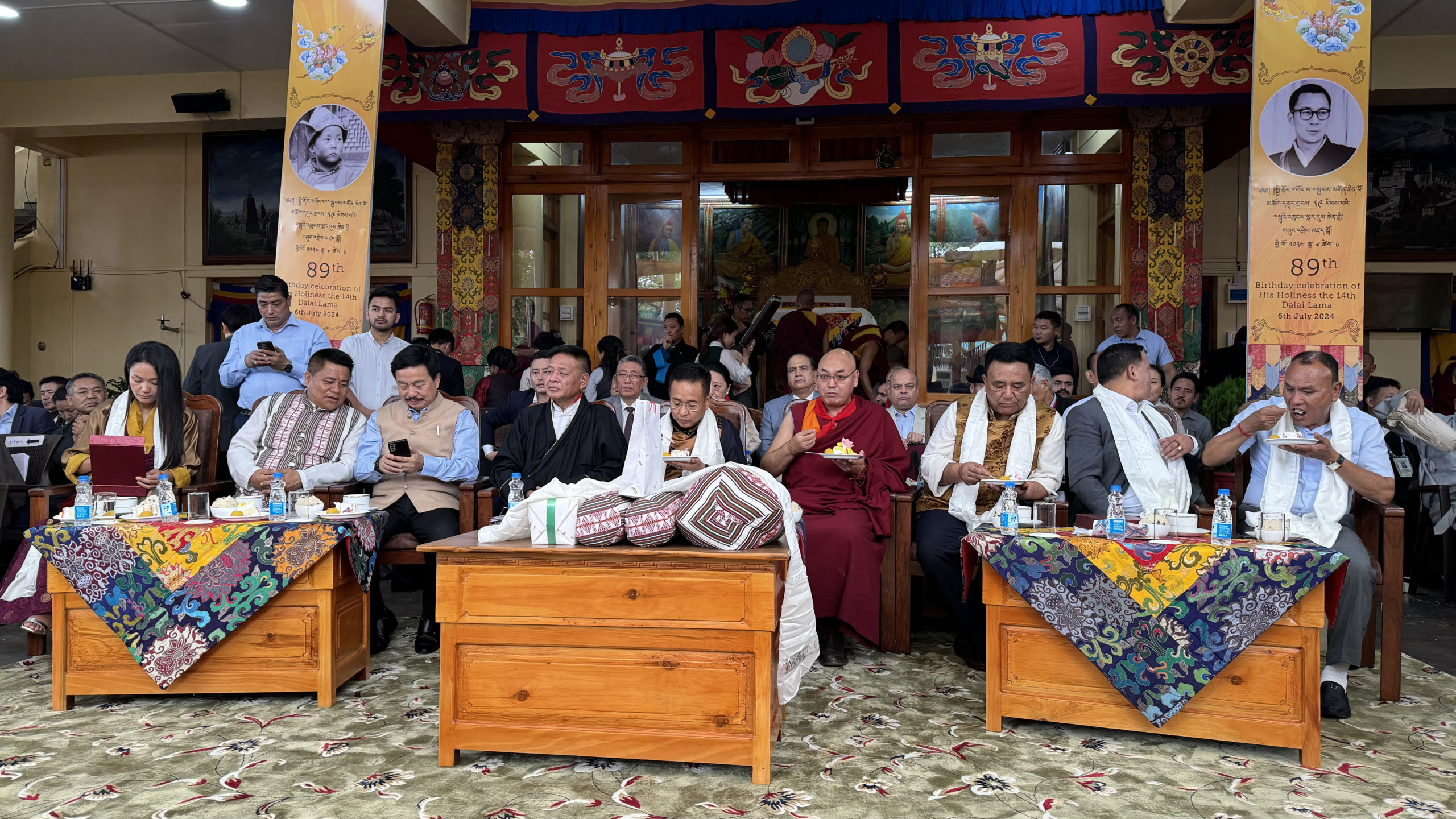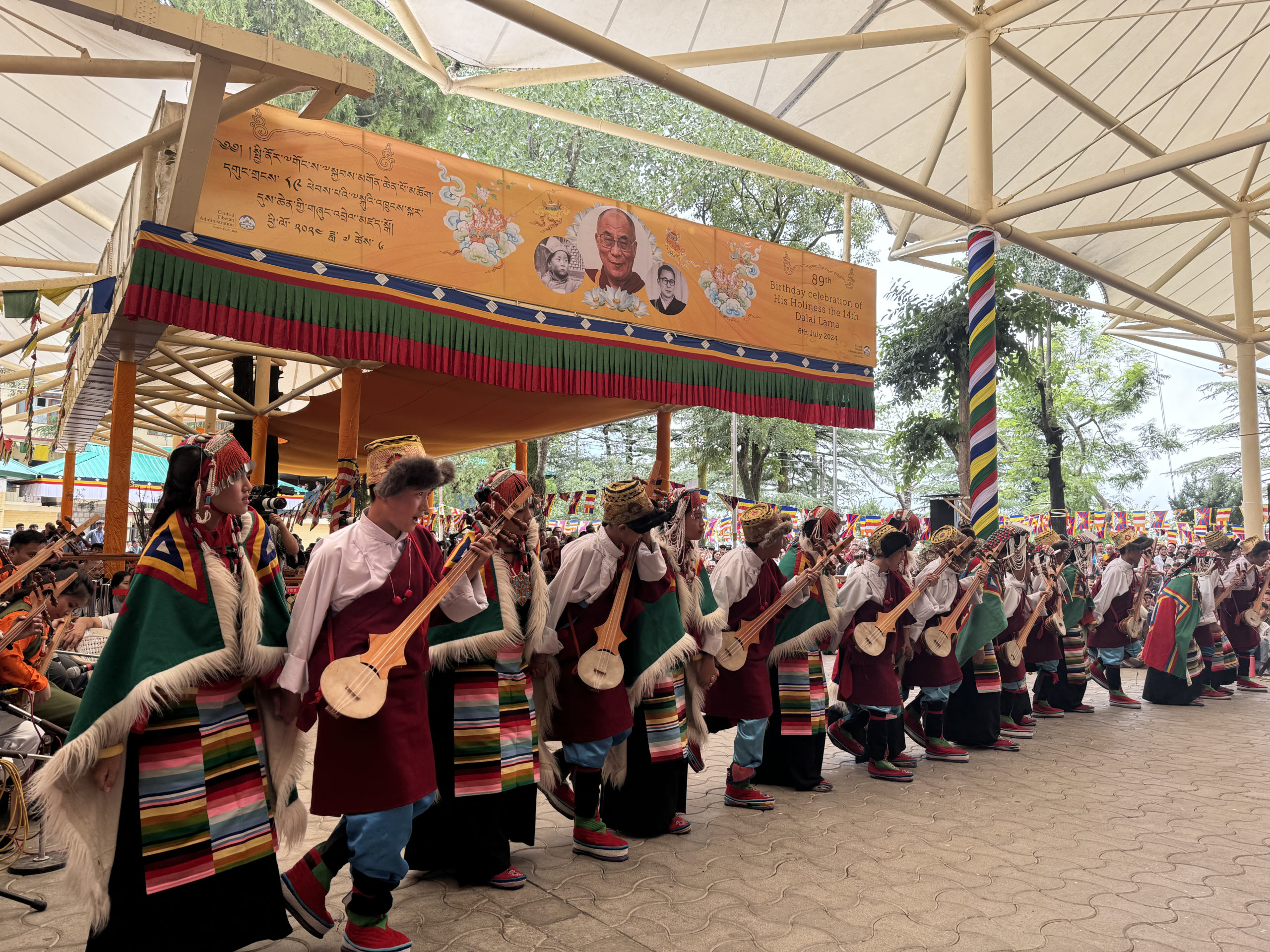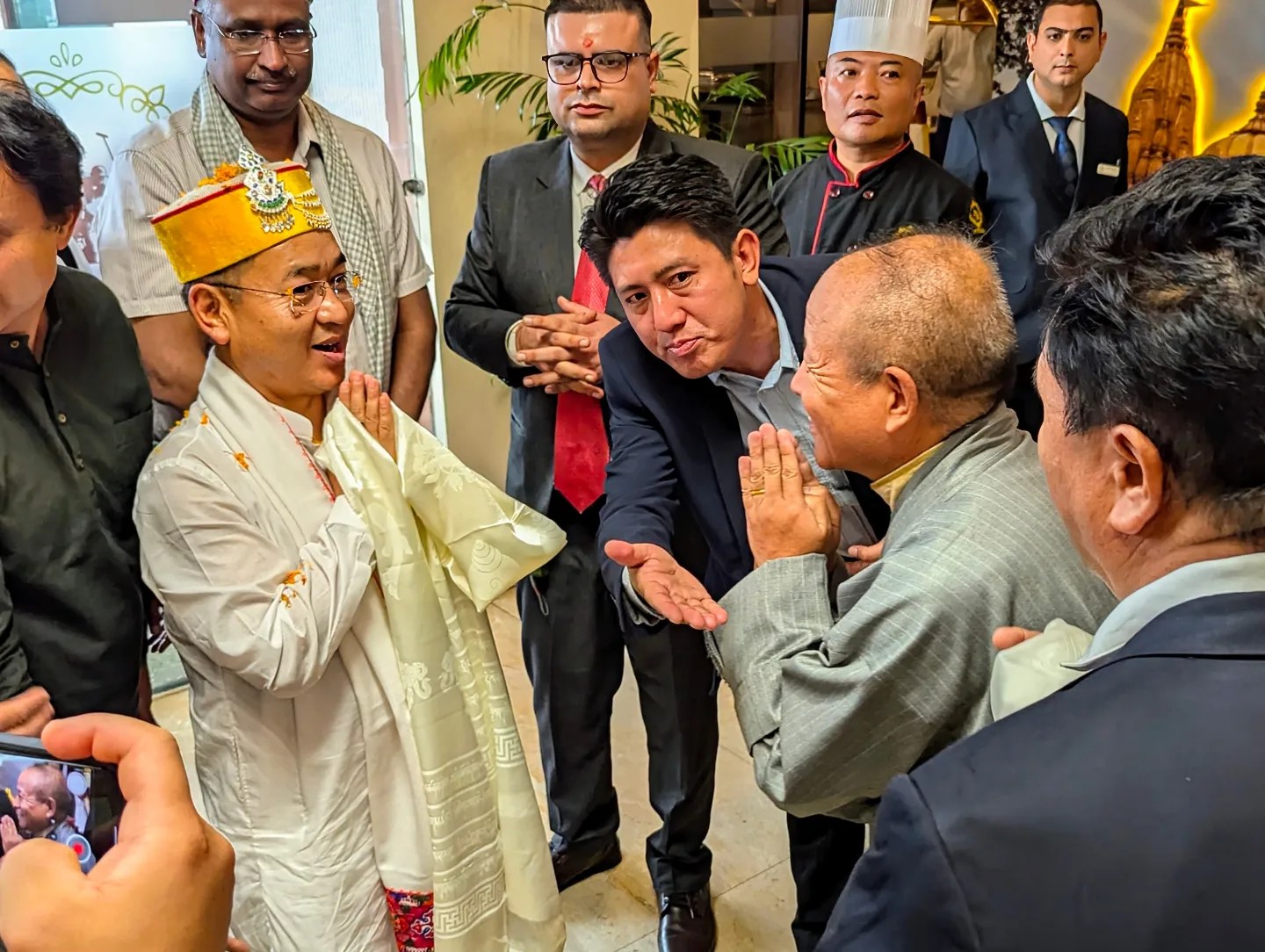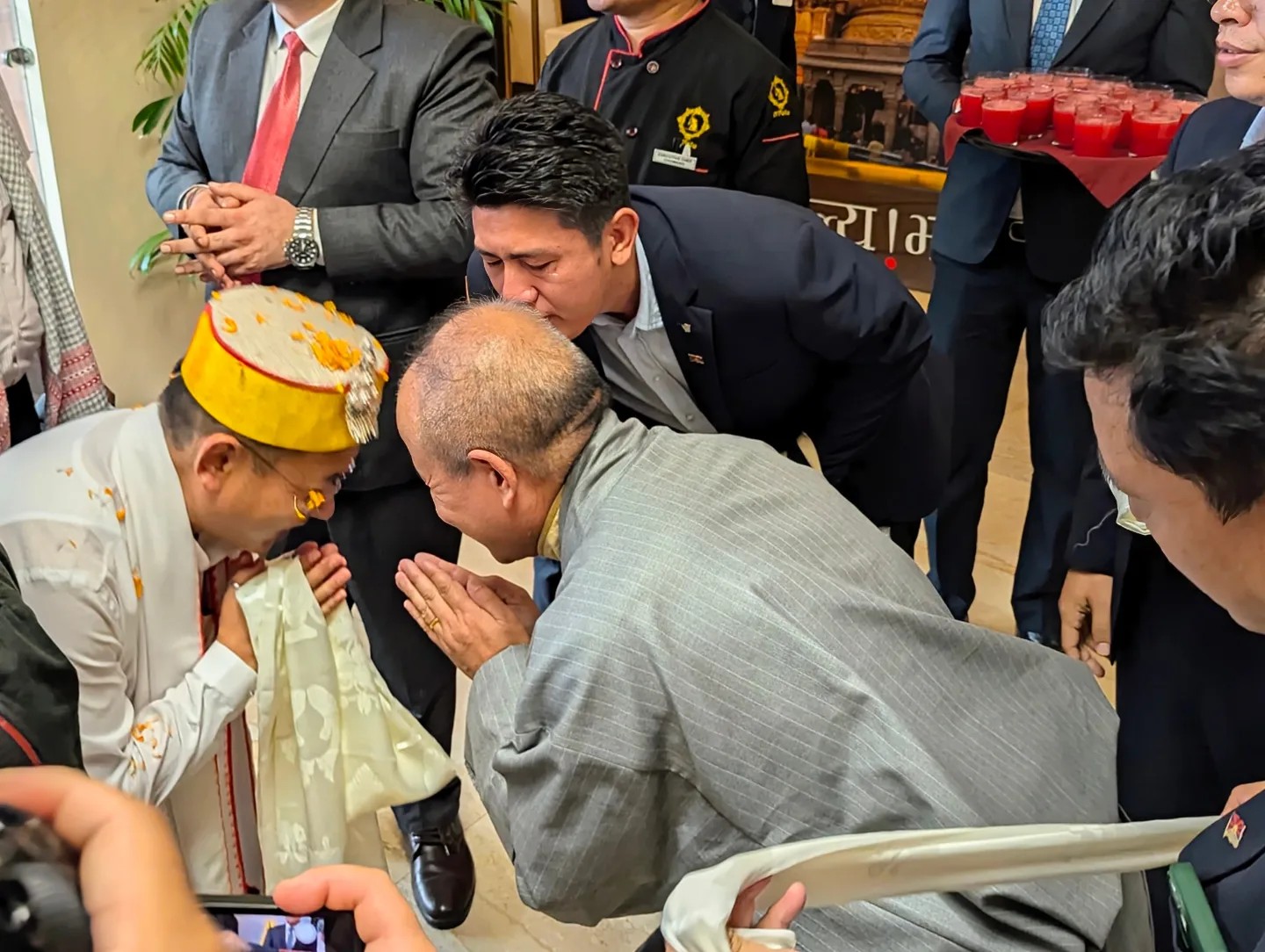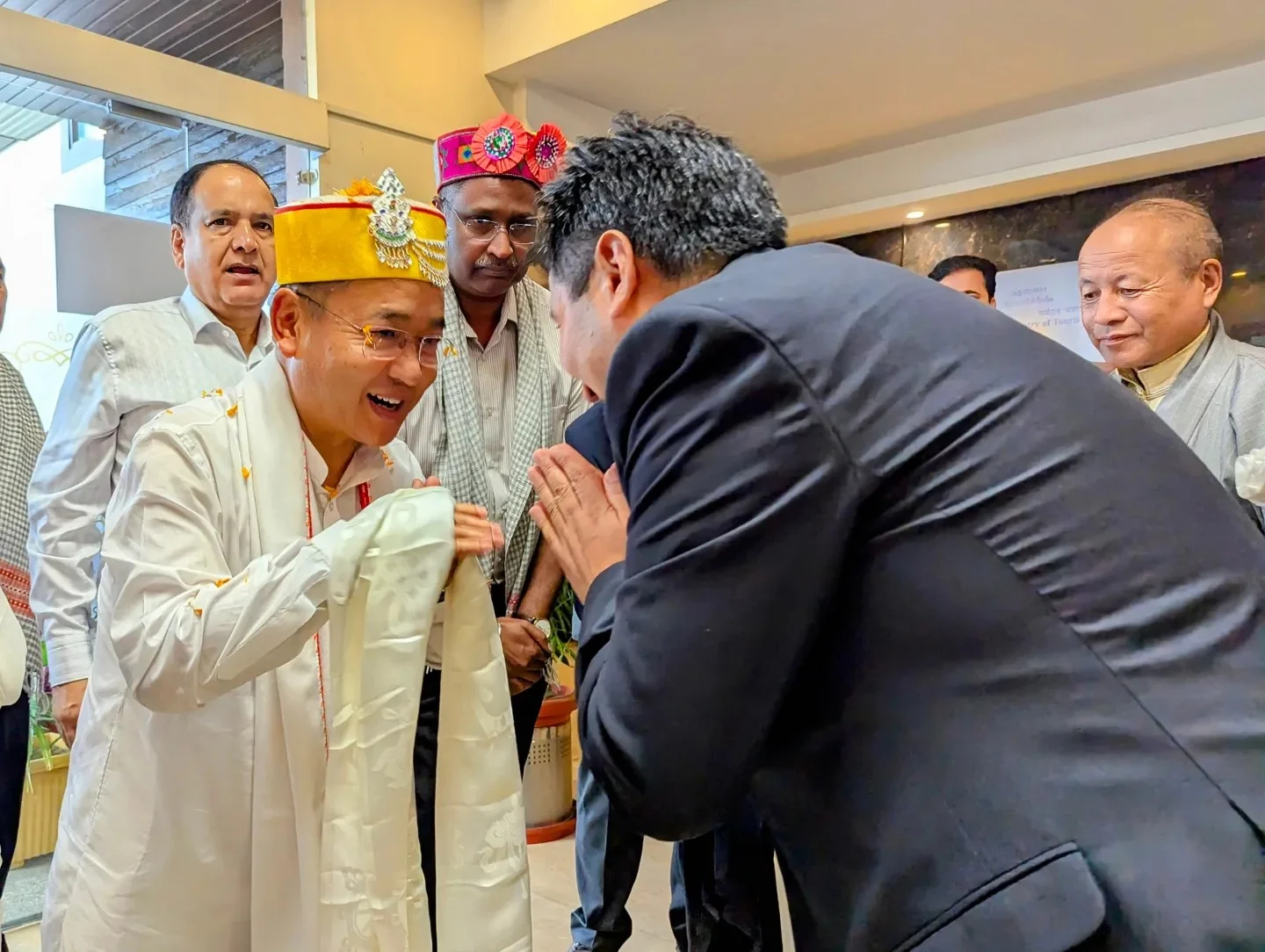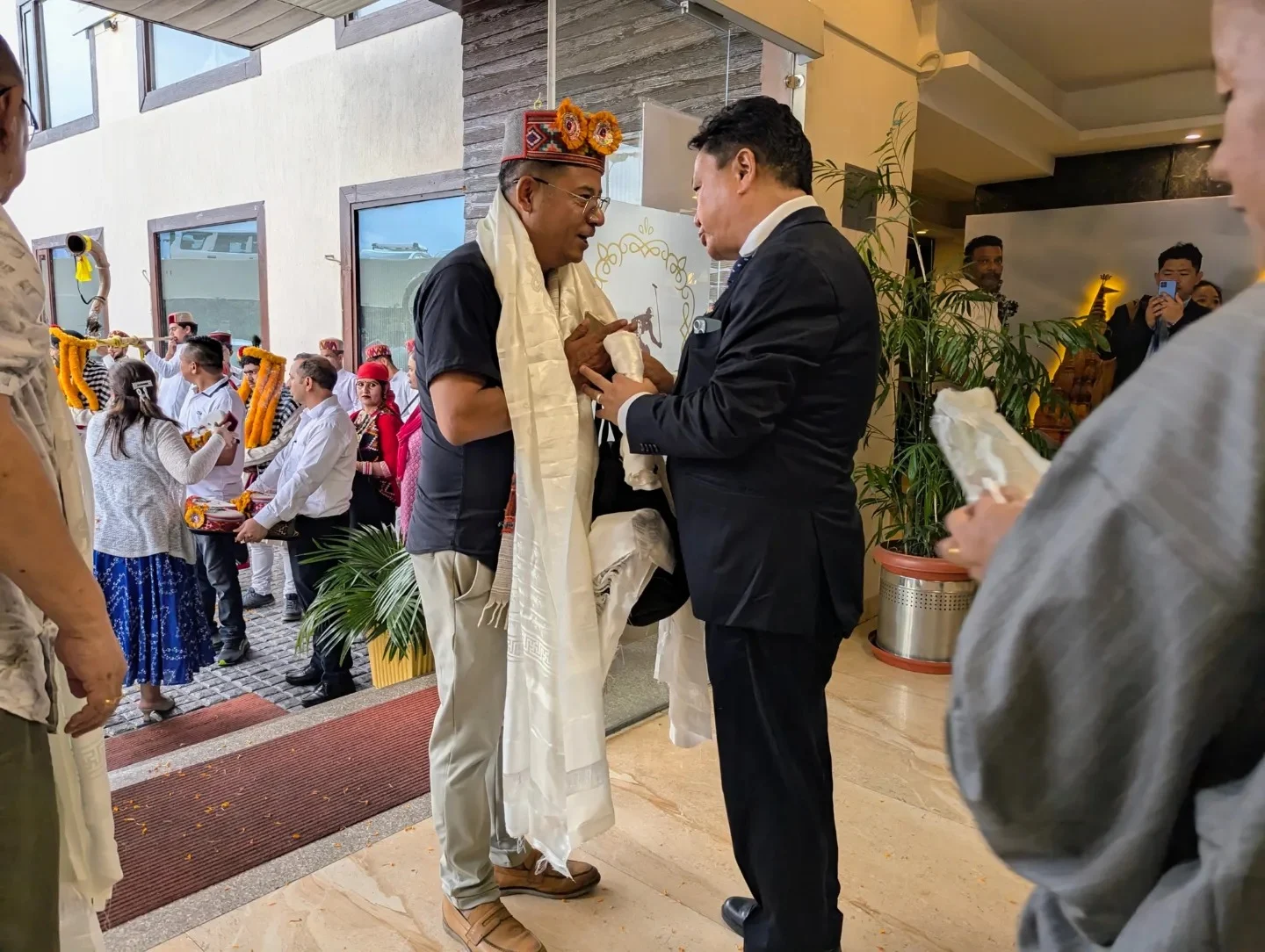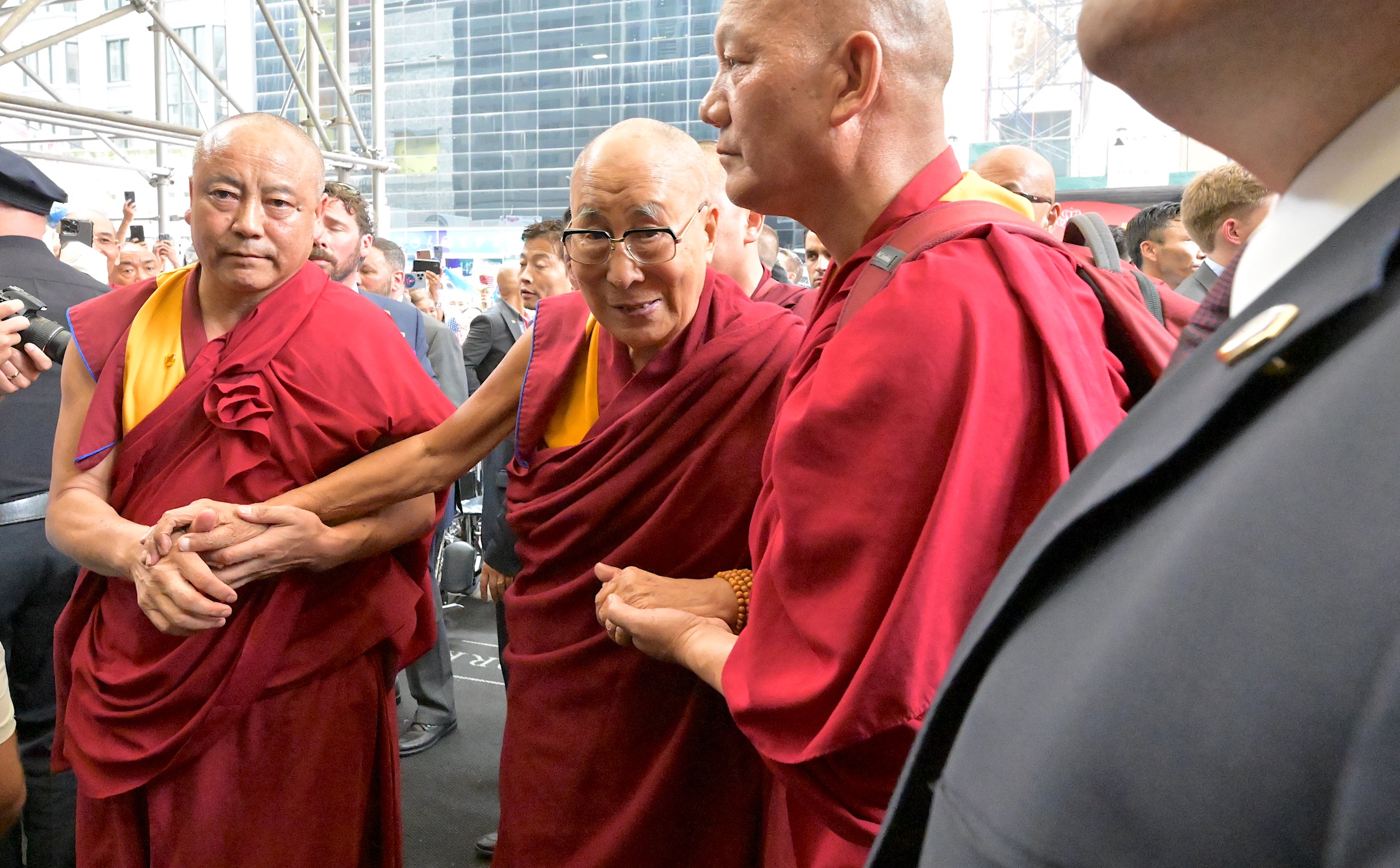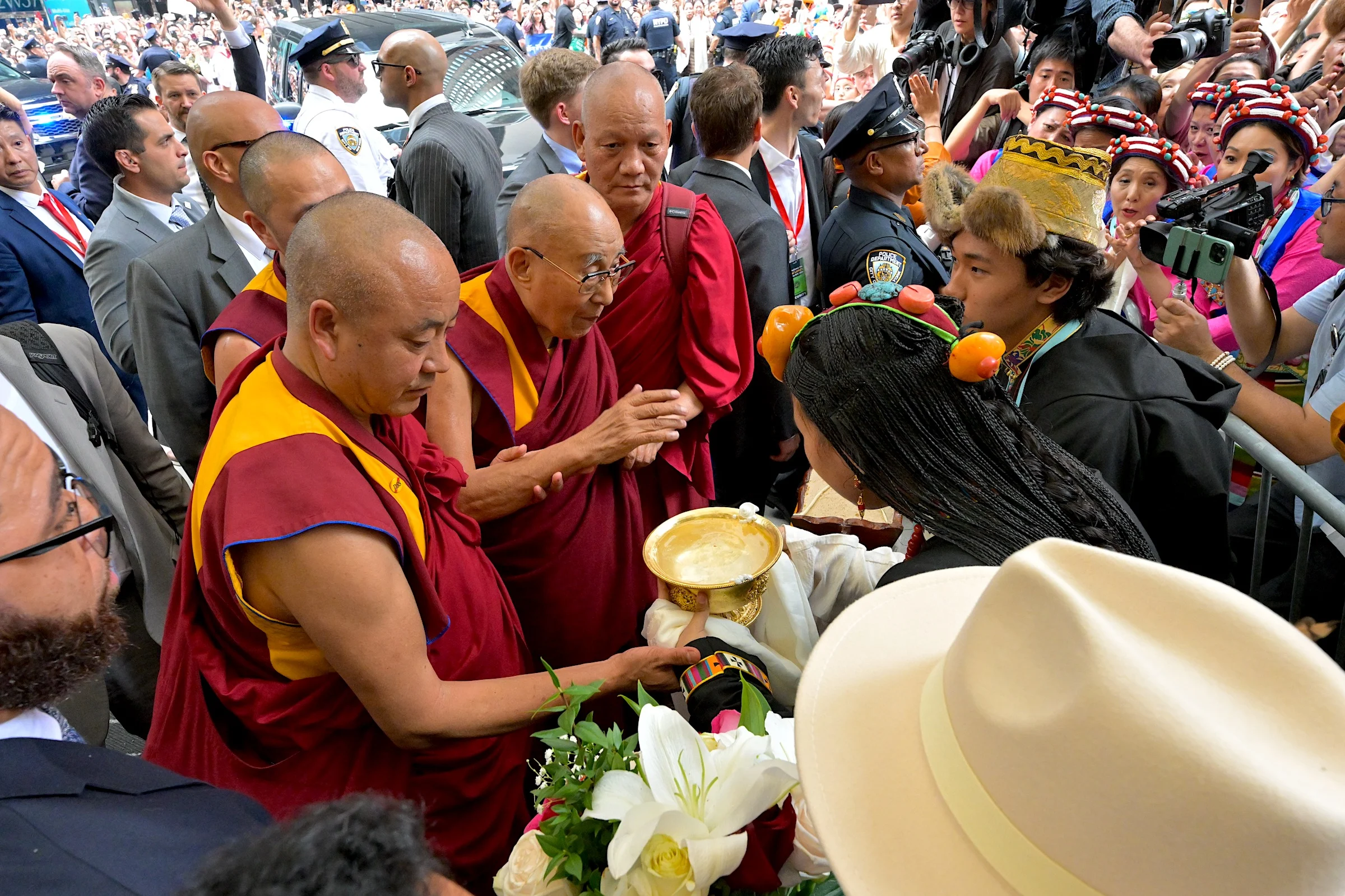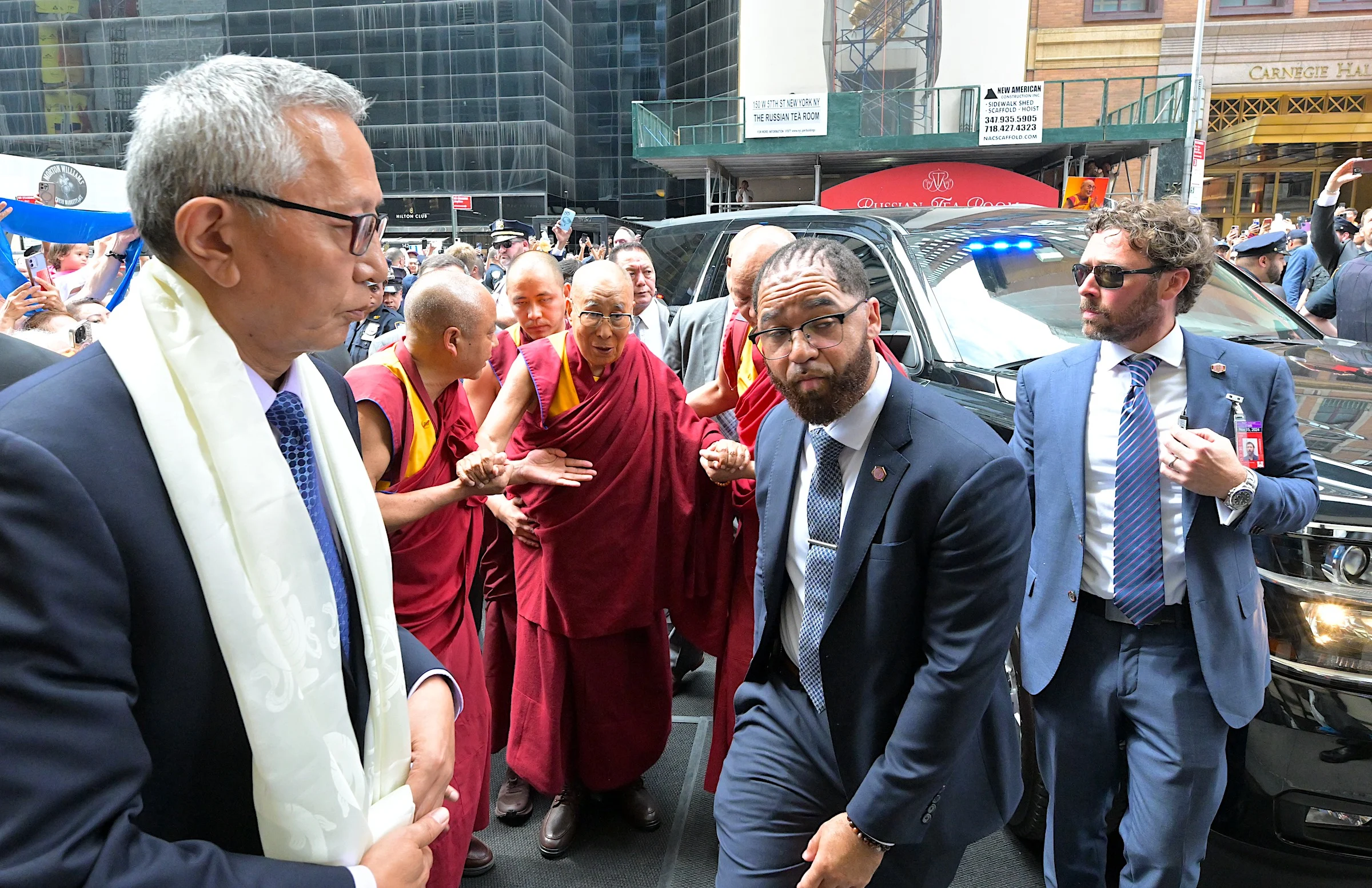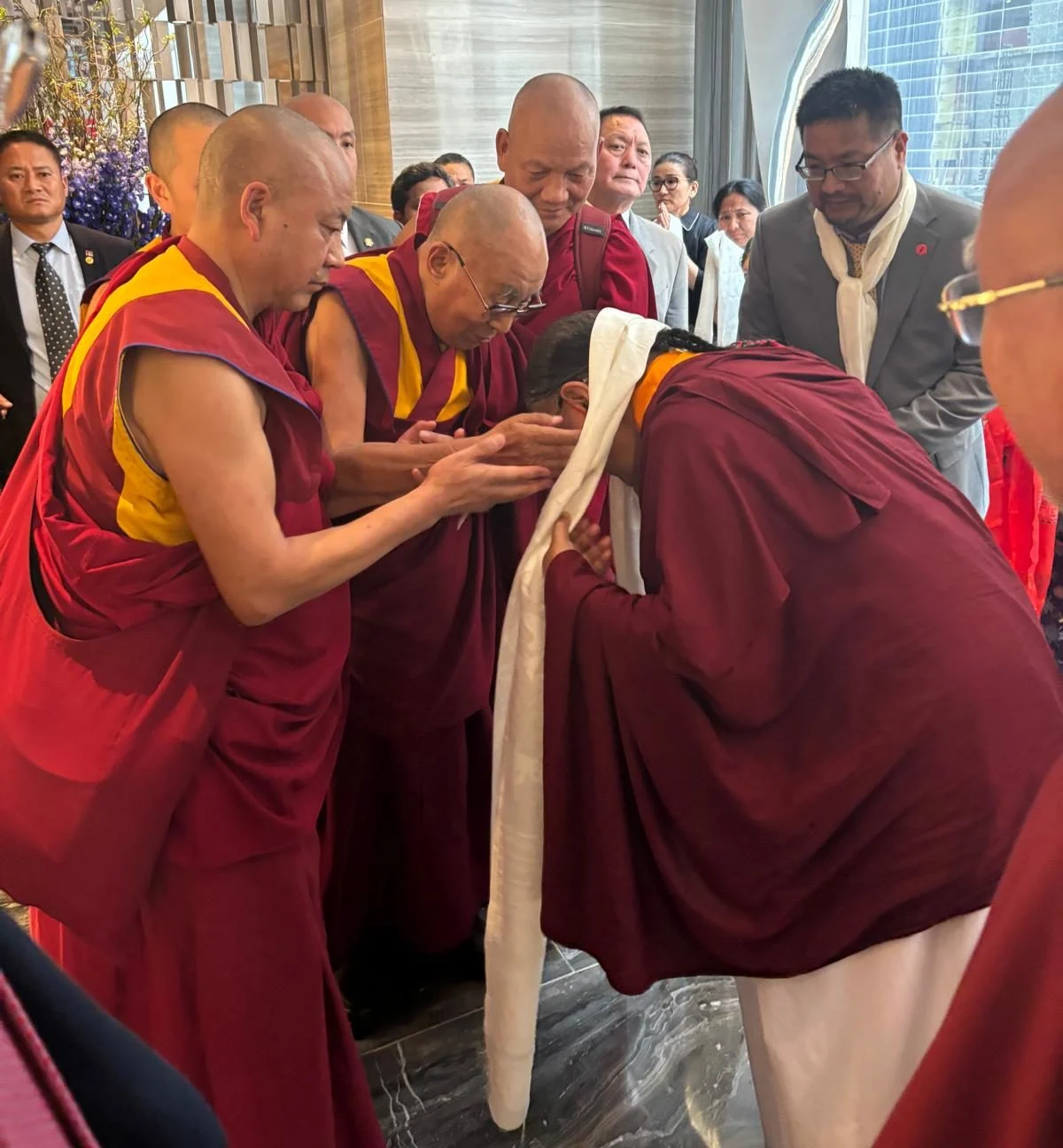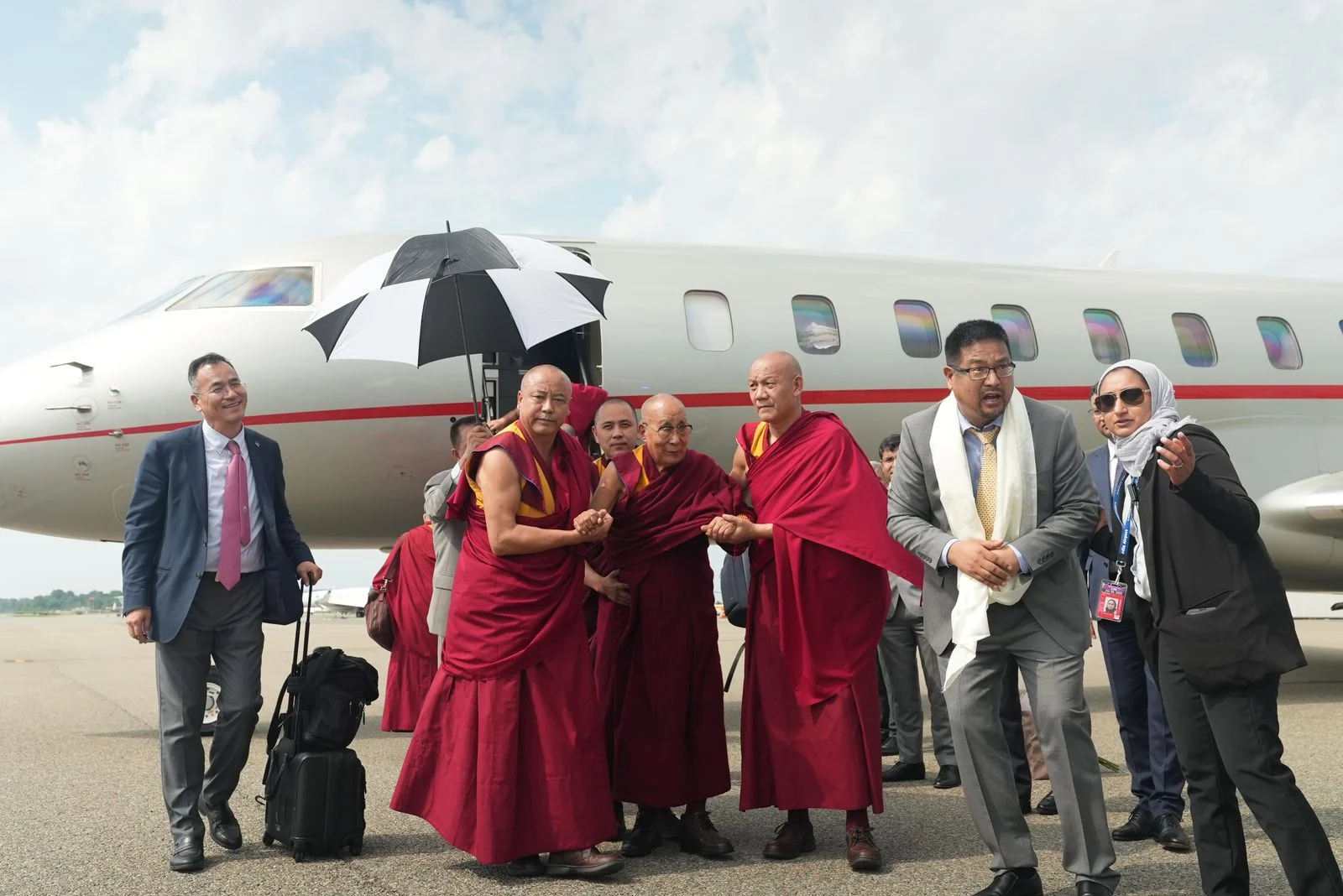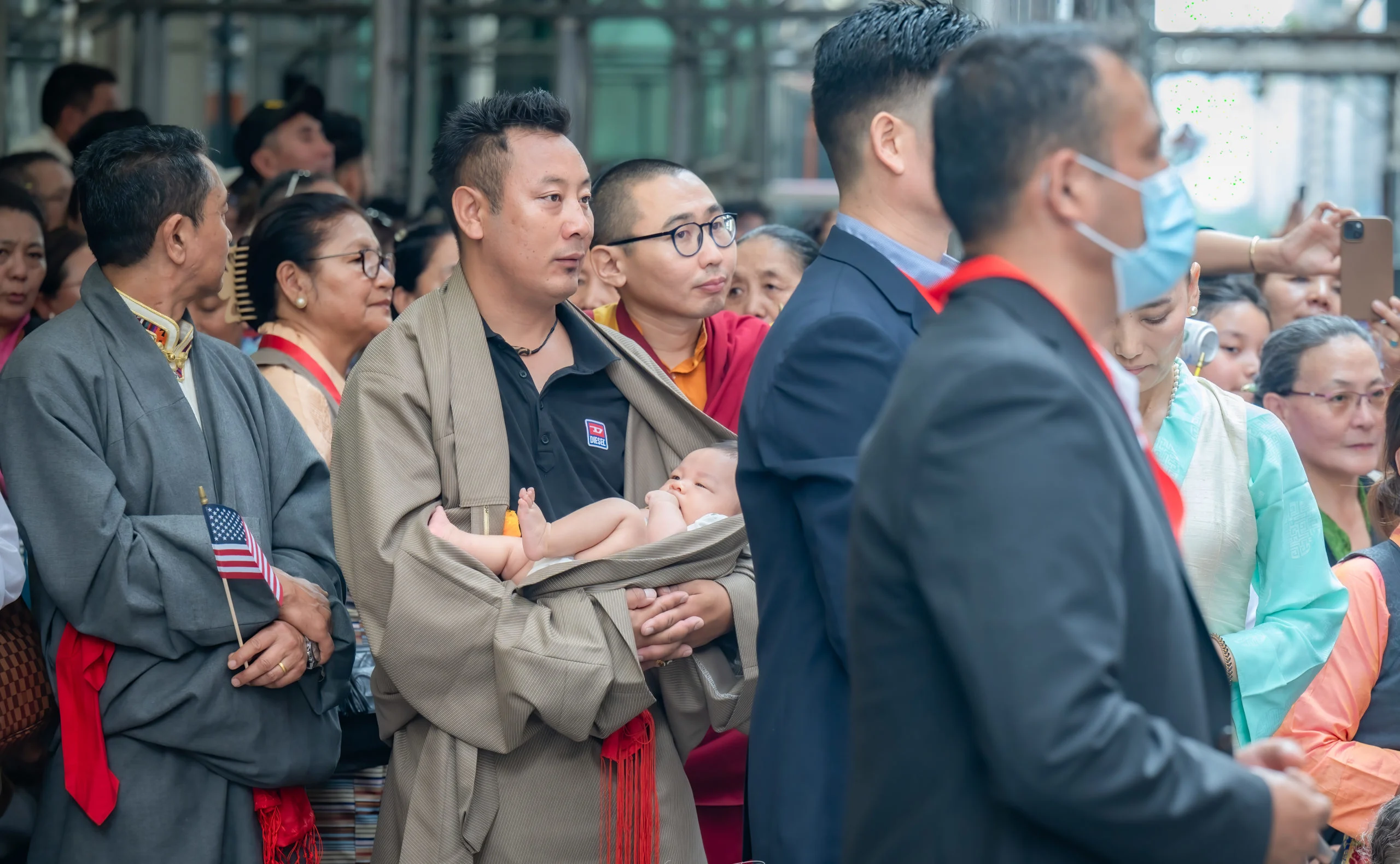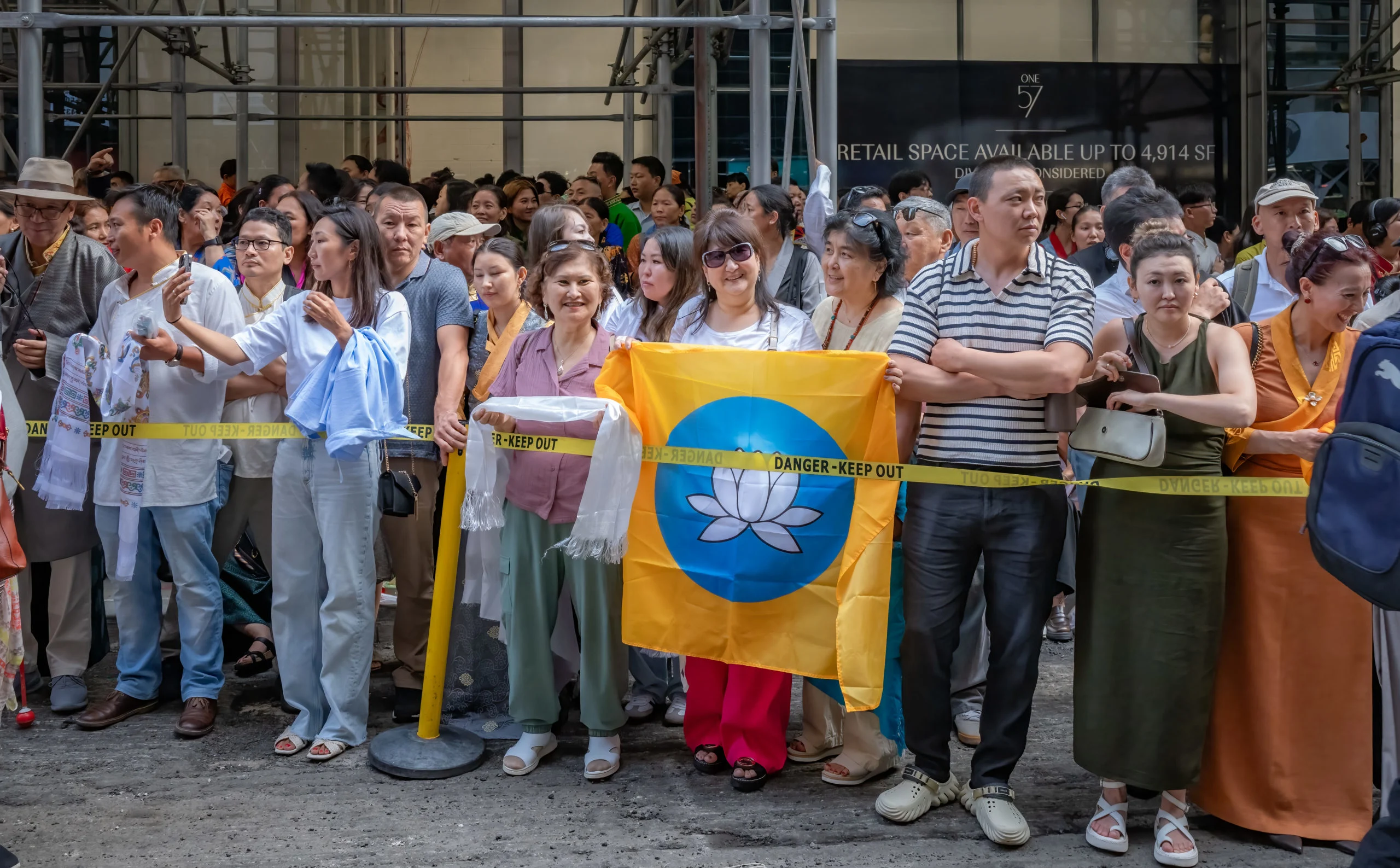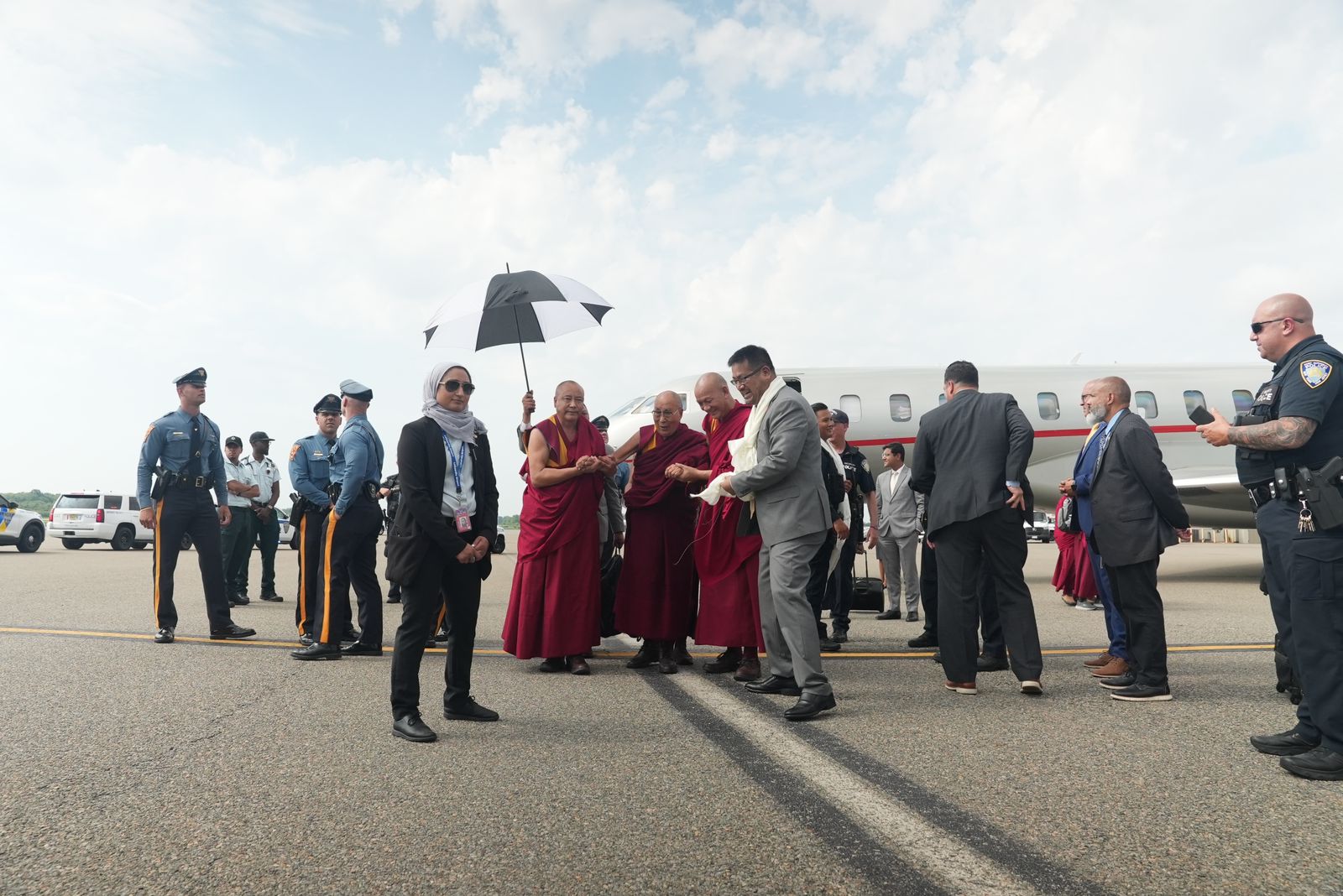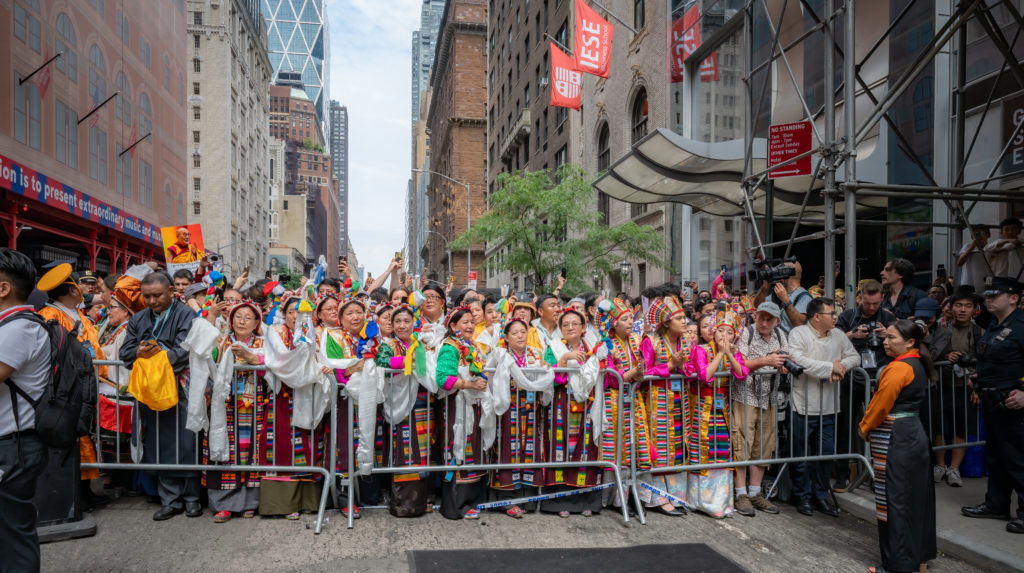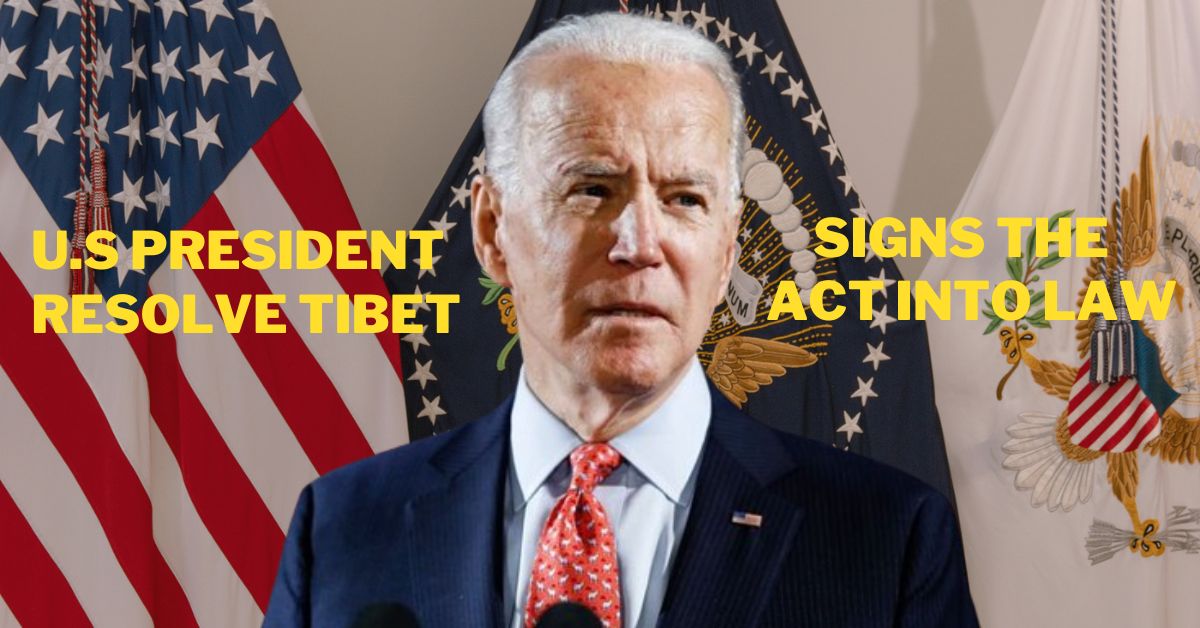
President Joe Biden Signs Resolve Tibet Act, Strengthens America’s Tibet Policy on 12 July 2024
By — B T NEWSDESK
US President Joe Biden signed into law ‘‘Promoting a Resolution to the Tibet-China Dispute Act’’ that bolsters America’s Tibet policy through further amendments of the Tibetan Policy Act of 2002 and aims to facilitate the resolution of the longstanding conflict between Tibet and China.
Known as the Resolve Tibet Act, in short, the act seeks to foster substantive dialogue without preconditions between the PRC government and the Dalai Lama, his representatives, or democratically elected leaders of the Tibetan community or explore activities to improve prospects for dialogue that leads to a negotiated agreement on Tibet. Additionally, it endeavours to collaborate with other nations to achieve a negotiated settlement concerning Tibet.
The act asserts that officials of the People’s Republic of China and the Chinese Communist Party are historically inaccurate in claiming that Tibet has been part of China since ancient times. The act further specifies that the United States’ public diplomacy initiatives should actively combat disinformation propagated by the Government of the People’s Republic of China and the Chinese Communist Party concerning Tibet, including falsehoods about the historical background of Tibet, its people, and its institutions, including those associated with the Dalai Lama.
This pivotal act restrengthening America’s policy on Tibet follows other significant acts, such as the Tibetan Policy and Support Act of 2019 and the Reciprocal Access to Tibet Act of 2018. Earlier in March, on the occasion of the 65th Tibetan Uprising Day, a resolution was introduced in the Congress in a show of bipartisan solidarity reaffirming support for the Tibetan people amidst ongoing human rights violations perpetrated by the Chinese government in Tibet.
The sponsors of the bills in the house were Rep. Jim McGovern (D-MA), Rep. Michael McCaul (R-TX) and the cosponsors in house include Rep. Joe Wilson (R-SC), Rep. Maria Elvira Salazar (R-FL) , Del. Eleanor Holmes Norton (D-DC-At Large), Rep. Troy Carter, (D-LA), Rep. Pramila Jayapal (D-WA), Rep. Mark Pocan (D-WI), Rep. Joe Courtney (D-CT), Rep. Betty McCollum (D-MN), Rep. Nancy Pelosi (D-CA), Rep. Barbara Lee (D-CA), Rep. Chris Smith (R-NJ), Rep. Young Kim (R-CA), Rep. Jamie Raskin (D-MD-8), Rep. Mark DeSaulnier (D-CA), Rep. Zachary Nunn (R-IA), Rep. Nicole Malliotakis (R-NY), Rep. Jan Schakowsky (D-IL), Rep. Seth Moulton (D-MA), Rep. John Larson, (D-CT), Rep. Michael Lawler (R-NY), Rep. Bill Huizenga (R-MI), Rep. Thomas Kean (R-NJ), Rep. Donald Payne Jr. (D-NJ-10), Rep. Abigail Spanberger (D-VA-7), Rep. Don Beyer (D-VA), Rep. Katie Porter (D-CA), Rep. Becca Balint (D-VT-At Large), Rep. Mike Quigley (D-IL), Rep. Brittany Pettersen (D-CO), Rep. Jill Tokuda (D-HI), Rep. Yvette Clarke (D-NY), Rep. Susan Wild (D-PA), Rep. Dina Titus (D-NV), Rep. Ilhan Omar (D-MN), Rep. Yadira Caraveo (D-CO), Rep. Dean Phillips (D-MN), Rep. Jennifer Wexton (D-VA), Rep. Andrea Salinas (D-OR), Rep. Burgess Owens (R-UT), and Rep. Nick LaLota (R-NY).
Sen. Merkley, Jeff (D-OR), Sen. Young, Todd (R-IN) sponsored the Resolve Tibet Bill in Senate and the co-sponsors include Sen. Ben Cardin (D-MD), Sen. Richard Blumenthal (D-CT), Sen. Mike Braun (R-IN), Sen. Christopher Coons (D-DE), Sen. Mitt Romney (R-UT), Sen. Tina Smith (D-MN), Sen. Tim Kaine (D-VA), Sen. Jim Risch, (R-ID), Sen. Mike Crapo (R-ID), Sen. Chris Van Hollen (D-MD), Sen. Laphonza Butler (D-CA), Sen. Peter Welch (D-VT), Sen. Marco Rubio (R-FL), and Sen. Bob Casey (D-PA).
In his official statement, President Joe Biden declared, “Today I have signed into law S. 318, the “Promoting a Resolution to the Tibet-China Dispute Act” (the “Act”). I share the Congress’s bipartisan commitment to advancing the human rights of Tibetans and supporting efforts to preserve their distinct linguistic, cultural, and religious heritage. My administration will continue to call on the People’s Republic of China to resume direct dialogue, without preconditions, with the Dalai Lama, or his representatives, to seek a settlement that resolves differences and leads to a negotiated agreement on Tibet.”
Quotes from Congress members on the bill:
Representative Jim McGovern: The United States has never accepted that Tibet was part of China since ancient times, as the CCP falsely claims. This legislation clarifies US policy and highlights the unique language, religion, and culture of the Tibetan people. It directs US diplomacy to push back against CCP propaganda. In addition, it ensures Tibetans have a say in their own future. This bill stresses the need for dialogue between the CCP and other democratically elected leaders of Tibet. Any resolution must include the wishes and voice of the Tibetan people… Passing this bill demonstrates America’s resolve that the CCP’s status quo in Tibet is not acceptable and I can think of no greater message or gift to the Dalai Lama and the people of Tibet than the swift passage of this bill to get to the president’s desk as soon as possible to help put the people of Tibet in charge of their own future.”
Representative Michael McCaul: “Our bipartisan bill will refresh U.S. policy towards Tibet and push for negotiations that advance freedom for the Tibetan people and a peaceful resolution to the CCP’s conflict with the Dalai Lama,” said Young. “Congressional passage of this legislation further demonstrates America’s resolve that the CCP’s status quo – both in Tibet and elsewhere – is not acceptable. I look forward to this important effort becoming law and working with my colleagues in the Senate and with the Administration to ensure swift and effective implementation.”
“Let the overwhelming passage of our strong, bipartisan bill be a clear message to the Tibetan people: America stands with you on the side of human dignity, and we support you in your quest to secure the basic rights to which you are entitled under international law,” said McGovern, Ranking Member of the House Rules Committee and a member of the Congressional-Executive Commission on China. “The People’s Republic of China has systematically denied Tibetans the right to self-determination and continues to deliberately erase Tibetan religion, culture, and language. The ongoing oppression of the Tibetan people is a grave tragedy, and our bill provides further tools that empower both America and the international community to stand up for justice and peace.”
“Tibetans, like all people, have the right to religious freedom – which includes freedom from CCP surveillance, censorship, and detention,” said House Foreign Affairs Committee Chairman McCaul. “If the CCP truly does respect ‘sovereignty’ as it claims to do then it will engage in peaceful dialogue with the Tibetans to resolve this conflict, not force the Tibetans to accept a CCP proposal. Passing this bipartisan bill demonstrates America’s resolve that the CCP’s status quo in Tibet is not acceptable.”
Rep. Jim McGovern, D-Mass., one of the lead sponsors of the bill, said: “A vote for this bill is a vote to recognize the rights of the Tibetan people. And it is a vote to insist on resolving the dispute between Tibet and the People’s Republic of China peacefully, in accordance with international law, through dialogue, without preconditions. There is still an opportunity to do this. But time is running out.”
Rep. Young Kim, R-Calif., said: “This bill ensures that Tibetans have a say in their own future. It stresses the need for a direct dialogue between the CCP and the democratically elected leaders of Tibet, and that any resolution must be peaceful and include the voice of the Tibetan people. Tibetans are democracy-loving people who wish to freely practice their religion and have their distinct identity acknowledged and respected. I’m proud to play a small part in supporting this dream for the Tibetan people.”
Rep. Kathy Manning, D-N.C., said: “Since 2010 Beijing has also refused to meet its international obligations to engage the Dalai Lama and his representatives to resolve the Tibet issue through dialogue. At the same time Beijing has unleashed a disinformation campaign to mislead the world about Tibet and its history. For this reason, we must pass H.R.533, which calls the PRC out for its repression and its unwillingness to engage the Tibetan people.”
Rep. Chris Smith, R-N.J., said: “Amid these threats to Tibetans in Tibet, the Chinese Communist Party also seeks to extend its repressive reach abroad, targeting for surveillance and harassment Tibetan diaspora communities in the United States, in India and in Nepal. The Chinese Communist Party has long engaged in crimes against humanity in Tibet and against Tibetans, plain and simple.”
